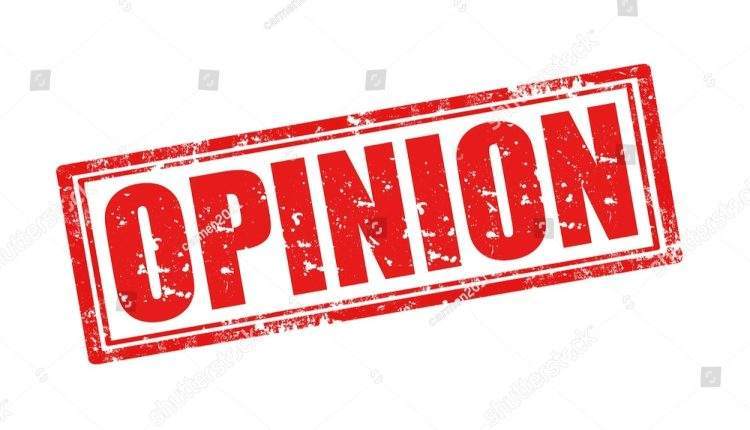Erdogan’s Foreign Policy
Tayyip Erdogan’s presidential system appoints a number of foreign policy decision-makers and advisors to the president. The Turkish bureaucracy had been given too much power by the parliamentary system to determine foreign policy and make decisions, but this was altered by the presidential system. As a result, the President assembles a team of professionals to choose the president carefully. Erdogan, however, chose these professionals in a very ludicrous manner. Erdogan is believed to be choosing the advisors more out of loyalty and trust than on the basis of their qualifications. According to some, such a practise could make it more difficult for a presidential government to operate effectively. The average number of advisors is 40, whereas Erdogan’s inner circle is Foreign policy is familiar to advisors. These consultants come from a variety of backgrounds. These advisers are connected to Erdogan historically. There are several unofficial, non-appointed advisors. Most of these advisers are connected through diverse networks of friends, professionals, academics, and nations that Turkey has some interest in. The most notable set of consultants Erdogan is interested in are the ones he has a specific level of confidence in. They include Erdogan’s son-in-law and are appointed as ministers of defense, finance, and the treasury.
Except for a select few who can exercise presidential authority, all appointees in Turkey are prohibited from changing their positions in foreign policy. Akar and Fidan are among them. Oktay, Hasan Dogan, and Berat are the ones who represent Erdogan’s agenda, and they also choose the circumstances under which Erdogan should meet with people.
Twenty-one presidential decrees have been issued in Turkey to date, however just one resulted in legislation that was both peaceful and would help Explaining the practise of foreign policy. This is viewed as a significant issue since it implies that there is discord inside the presidential system and a lack of agreement on practical strategies.
Foreign Policy Making Of Turkey
It is clear that Turkey has established procedures for deciding on foreign policy and associated issues within the presidency ever since the country switched from a parliamentary to a presidential system. The major decision-making body in Turkey is the MFA. Since the President’s and the MFA’s authority varies, it might be challenging for the relevant working official to determine where the President’s and MFA’s authority ends and theirs begin when it comes to making decisions. A President cannot handle all the information, so the Ministry also has a say in the issues.
Due to the MFA’s preference for career diplomats, it is clear that the MFA and Presidency have a hazy relationship. The ministry as well as. The military and the Ministry of Finance were regarded as Turkey’s three pillars. These organizations owe their allegiance to the state, not Turkey’s ruling party. Despite the allegiance to Turkey, there have been a few instances of intra-ministerial infractions due to the rise of the Gulenists, an Islamic ruling party, and the steadily increasing number of ambassadors. The employees of the Ministry of Foreign Affairs frequently experience communication breakdowns due of the Gulenists’ presence and a consequent lack of trust among them. Due to their lack of trust in their subordinates, these colleagues do not disclose all relevant information, which causes a gap. There is polarization within the diplomatic establishment.
The Caspian Sea Issue
Natural resources like gas and oil are abundant in the Caspian Sea. The European Union can channel the gas and oil from the Caspian Sea, a geostrategic ally, as the European states are strongly dependent on Russian gas. This is done by encouraging the Caspian gas pipelines. The sea is closer to Turkey and in a strategic location, and because of this, several neighbouring states have expressed interest in it. The decision-making process for foreign policy in Turkey is traditional. Regarding the Caspian Oil issue, Turkey has a fairly diversified foreign strategy. This is the case since the Caspian Sea has numerous neighbours, with the European Union being the most alluring. Turkey has depended on the MFA, General Staff, and Ministry of Foreign Affairs since day one. Ministry of Energy was never given enough consideration. Erdogan needs to find several advisors from all parts of the state apparatus this time because there are many people involved, in order to build a better foreign strategy. It can be more difficult for Turkey to decide on its foreign policy addressing the Caspian Oil issue because the oil issue also includes an economic component, which involves many other economists and strategists.

